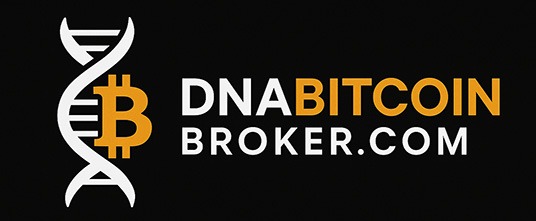In a recent development, a group of US senators has positioned themselves to squarely reject the Biden administration’s ambition to introduce a central bank digital currency (CBDC). In this case, a digital version of the US dollar. This move holds particular interest for UK citizens well-acquainted with the ongoing debates surrounding digital currencies and the privacy, sovereignty and broader financial system concerns. The Digital Dollar faces significant opposition in the US.
The Introduction of the “CBDC Anti-Surveillance State Act”
On February 26, Senator Ted Cruz, alongside Senators Bill Hagerty, Rick Scott, Ted Budd, and Mike Braun, introduced the “CBDC Anti-Surveillance State Act” legislation. This bill, in turn, poses a challenge to the Federal Reserve’s plans to mint a Digital Dollar. Furthermore, the legislation raises deep concerns over the potential for such a currency to enable state surveillance and control over citizens’ finances.
The Digital Dollar’s Opposition and Global Impact
The proposed bill, therefore, reflects fears about the Biden administration-backed CBDC. It could give the US government the power to monitor its citizens’ spending habits. This, in turn, raises concerns about privacy and government control. Moreover, the concept of a government-controlled CBDC and programmable money raises eyebrows. Talk about its capacity to collect personal data, enabling the tracking and freezing of funds for whatever reasons. In the US, the Digital Dollar faces clear opposition.
Senator Cruz asked Congress to restrict the Federal Reserve’s authority significantly. He proposed preventing it from directly offering products or services to individuals. This works to ensure the Federal Government does not function as a retail bank as well. This legislative push also demands that any future issuance of a CBDC would require explicit authorization from Congress, a step designed to allow for parliamentary checks against the free Digital Dollar roll-out.
Apparently, this action doesn’t exist in isolation. Notably, the outcry against CBDC has had the backing of former US President Donald Trump. He has been so vocal on the subject. In his bid for the 2024 presidential race, he promised to oppose the creation of a domestic CBDC. He cited dangerous implications as his reason for this stance. The opposition to the Digital Dollar in the US has also been supported by Trump.
The UK and the Global Discourse on CBDCs
Cutting across the Atlantic, this topic is of particular interest to the UK, where discussions around the potential introduction of a digital pound, or “Britcoin“, are ongoing. The American fit over the principles, potential benefits, and possible dangers of a CBDC inevitably influences global discourse. It shapes the future of money.
Yet, UK watchers are on high alert for the “CBDC Anti-Surveillance State Act” by notable organizations like Heritage Action for America, the Blockchain Association, the American Bankers Association, the Independent Community Bankers Association and the Club for Growth. This broad coalition highlights the widespread anxiety towards a centrally controlled Digital Currency about the high chances of implementation. So, the Digital Dollar faces a significant political clash in the US.
As the UK contemplates its digital currency future, the recent US developments offer a cautionary point on the complexities involved in reconciling the promise of Blockchain technology. It becomes sketchier when you realize we have the US presidential election this year. Trump and Biden are the major contenders. Clearly, the two are worlds apart, just like snow and desert. Meanwhile, the latest developments in the US show the Digital Dollar facing opposition. These events will likely inform policymakers in the UK and elsewhere. Furthermore, they may also caution them about the complexities involved. Ultimately, they emphasize the need for a careful and balanced approach to the evolving digital space of national and international finance.
Image Source: Adobe Stock
Disclaimer: This article is provided for informational purposes only. It is not offered or intended to be used as legal, tax, investment, financial, or other advice.












